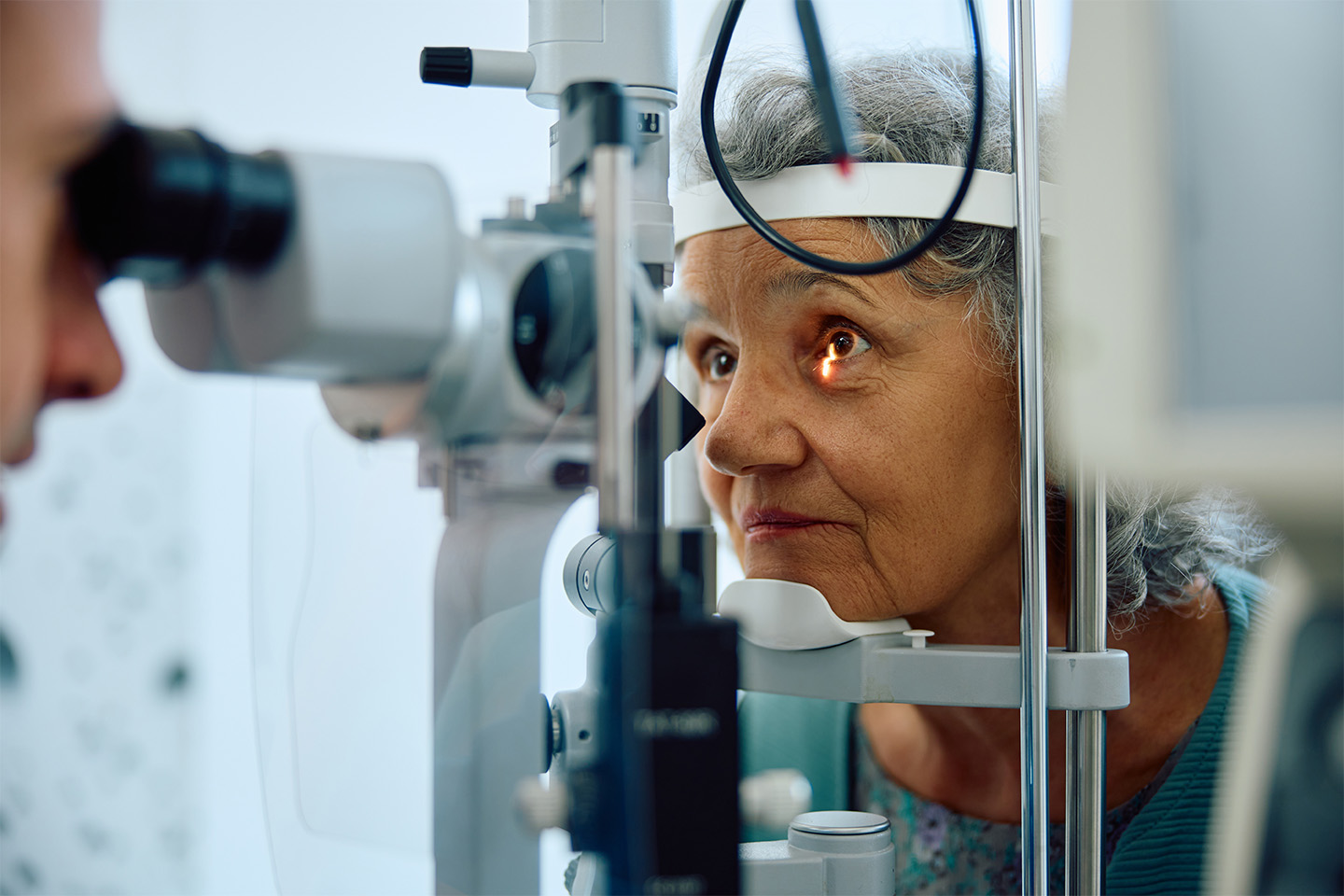Can Cataracts Grow Back?

Cataract removal is permanent, but in some cases, the surrounding lens capsule can grow cloudy and affect sight.
Some 2 million Americans have cataracts removed each year — and for the large majority of patients, the result of this quick procedure is permanently clear and renewed vision. But a small number of patients are surprised to find that their blurred vision returns later on.
Typically, the patient’s first question is whether the cataract has somehow returned. They can rest assured, however, that it isn’t possible for a cataract to regrow. In fact, this symptom signals a different issue – one that has a simple surgical fix.
How Does Cataract Surgery Work?
A cataract occurs when the eye’s normally-clear lens becomes opaque due to aging or injury.. Eventually, patients realize their eyesight has become blurred and cloudy, and at this point, a surgeon will recommend a cataract removal procedure. Within the eye, a clear membrane called the lens capsule houses the opaque lens. The surgeon opens this lens capsule in order to break up and remove the cataract, then implants a clear intraocular lens (IOL) in its place.
Can a Cataract Grow Back After Surgery?
Despite what some patients may fear, the cataract cannot grow back after surgery. During the surgery, the natural, cloudy lens is entirely removed, and the replacement IOL, which is an artificial lens, cannot become cloudy. However, it’s true that part of the lens capsule remains in the eye, and this component can become cloudy. This is known as “posterior capsular opacification” (PCO) or secondary cataract.
In this case, the patient’s symptoms may be similar to those caused by cataracts: the vision may begin to blur, and the patient may experience glare or difficulty driving at night. About 20 percent of patients will experience PCO, at any point from weeks to months after their cataract surgery.
What is the Treatment for a Cloudy Lens Capsule?
If you are experiencing cataract-like symptoms after cataract surgery, you may be a candidate for a YAG laser capsulotomy. For this procedure, the surgeon uses a specialized laser to create a window in the clouded lens capsule so that light can pass through, restoring sight. Right after this quick and painless procedure you should have improved vision and be able to resume normal activities. This is typically a one-time operation that will not need to be repeated.
The Choice is Clear
If you are experiencing cataracts, or notice blurry or clouded vision following a cataract procedure, it is time to schedule a consultation at the Kleiman Evangelista Eye Centers of Texas. Our doctors can talk to you about your options for cataract surgery.
Turn To The Top Eye Doctors In Texas
Check out one of our locations below for the best eye care near you:









